
Russia’s Economy under Putin
From Crony Capitalism to State Capitalism
Read offline
Recommendation
Vladimir Putin has brought vast changes to Russia since his rise to power in 1999, writes Simeon Djankov, a former deputy prime minister and finance minister of Bulgaria. Djankov outlines how Russia’s economy went from fledgling free enterprise in the post-Soviet era to entrenched state capitalism today, and he describes how that shift has supported Putin’s foreign policy aims. Djankov doesn’t foresee much change in the near term, particularly as Western sanctions perversely tighten Putin’s grip on the economy. getAbstract recommends his insightful article to anyone interested in the long-term political and economic future of Russia.
Summary
About the Author
Simeon Djankov is a visiting fellow at the Peterson Institute for International Economics.








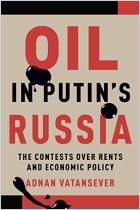
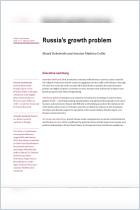
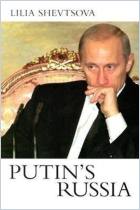
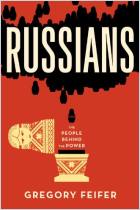
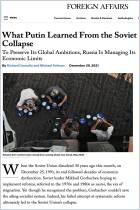
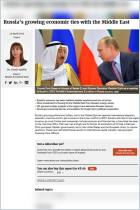

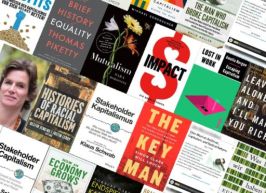
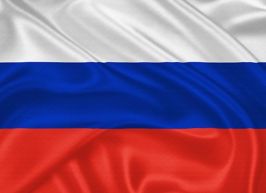





Comment on this summary or Начать обсуждение